
Breaking News: Unilorin Alumi Association: 'We were warned' - Opinion
Breaking News: Breaking: Court Restrains Oyo Assembly from Further Impeachment Process Against Makinde’s Deputy, Olaniyan
Breaking News: Labour leaders physically assault Ogun journalists for covering strike, harass hospital workers
Breaking News: Congratulations Asiwaju – Osinbajo’s spokesperson accepts defeat
Breaking News: Finalissima: Messi steals show, beats European Champion, Italy
By Festus Adedayo
Egba, Ogun State-born indigenous African Sakara music exponent, Sanusi Aka, popularly known as S. Aka Baba Waidi, in two of his vinyls, illustrates my drift today. This he did in the albums recorded in 1959 and 1974 respectively. While the former was highly political, which he entitled Ibo fedira, (Federal election) the other was entitled Awon Orisha.
The Awon Orisha track is a fabulous narrative of how some renowned deities in Yorubaland, in an ego clash and desirous of sorting out their supremacy battle, met with and had a conversation with God. Some of the deities were Ifa and Osanyin, as well as Islamic/Christian clerics, and the Witch. Each demanded of Him a pronouncement that they were the most powerful and supreme among earthly deities. God then asked them to gather at an appointed date for a test of their individual prowess.
Inside a house with different rooms, God kept in each a cow, black dog and white ram, with no one but His angels in the know of this arrangement. One after the other, God asked these divinities the identity of what He kept inside the rooms. Aka rendered this request by God musically, in his very sonorous, Egba dialect-laced voice, salted with his insignia traditional flute, as ohun to wa ni’yara ko’kan, ko wi fun wa, ka gbo s’eti. As they took their turns, beginning with Ifa, expectedly, the deities were apt in their divination of the objects kept in the rooms. For this, God gave them, beginning with Ifa, kudos – Olohun ni sadankata e, Ifa. When it was the turn of the Witch to be called to demonstrate her prowess, she boasted that, as against the other divinities who could merely see through the fog of the unseen, she was capable of transpolinating destinies – won ni awon le yi kadara eda pada sibikibi t’awon ba fe. So, she used her witchcraft to swap those objects that God kept inside the rooms, to the chagrin of all gathered. And as such, the Witch emerged the most supreme of all deities, so said Aka.
The power in the hands of the voter is almost equal to the power of the African witch. In Africa, witchraftery is a powerful occult that gives its initiates the power of life and death. God bless the soul of my teacher at the University of Lagos, Prof Sophie Oluwole, who majored in the study of witchcraft, in Yoruba epistemology, which promotes the witch to an almost imperial realm, the witch is attributed with the power to munch the limb through the narrow passage of the head; devour the heart through the route of the kidneys and the bile-duct from the buttocks. As powerful as the witch is projected to be, virtually every belief woven round it is in the realm of fantasy. It cannot be subjected to hypothesis or empirical verification. Pursuing this belief of the Yoruba further, witchcraftery is said to be a cult whose members kill and look not for the vulture to devour the carcass. They do this themselves.
The voter, the world over, is that African Witch. S/he is imbued with remarkable power to transpose and transpolinate destinies of ordinary aspirants and candidates into political offices. Remember that Honolulu, Hawaii-born Senator of Kenyan descent, Barack Obama who, upon being elected the American president, took the world by storm? Or the Zoologist from Otueke, Bayelsa State, Goodluck Jonathan, who suddenly came in possession of the untrammeled power of the Nigerian president? That is the inexplicably mysterious power of the withcraftery in a vote and the power of its user.
In the 1959 vinyl, Aka lamented the loss of the federal election of that year by Chief Obafemi Awolowo to the Northern Peoples Congress (NPC) of the Sardauna of Sokoto, Ahmadu Bello. Very seldom do Nigerians realize that, in the 2023 presidential election equation which produced Atiku Abubakar, Peter Obi and Bola Tinubu, Nigeria is back to the 1959 federal election model. Aka tells us this.
In very epigrammatic musical description, Aka narrated how the trauma pre, during and after of that election was hugely unsettling for the Nigerian people – Ojo nla lojo yen…ese girigiri loju titi gbogbo ilu pa lolo. When the Rediffusion eventually announced the election results, said Aka, as NCNC was being declared victorious in many polling stations, so also was AG – the Egbe Olope. Expectations were splintered along ethnic lines, he said – L’oju tiwa, bi ko j’Awolowo; loju Ibo, bi ko j’Azikuwe (sic); loju Hausa, bi ko je Tafa Balewa… but before anyone knew what was happening, Aka continued, “Egbe Hausa” – Hausa party, that is the NPC – had been declared winner. In Aka’s summary, southern self betrayal, absence of group cohesion and greed were the cause of the loss.
As powerful as the voter is, in the Third World especially, he is at the same time as light as the quill of the feather. He is impressionable, pliant and seems to be easily mollified by the frills of oppressors. The elector is not deep, no matter his level of education; they are flimsy and very easily suaded. When confronted with electoral choices, even if he is a professor, the elector throws away his thinking cap and begins to reason with infantile mindset. What triggers the elector’s excitement at moments of electioneering are flimsy and unenduring fancies. Persuaded of this penchant not to be thorough, the Nigerian politician also treats the prospective electors in this mould.
From the elector who would thoroughly interrogate issues that politicians like Awolowo confronted in the First and Second Republics, we have landed at the feet of electors who are so peremptory, unsound and are easily excited by nothing. The politician has morphed from who he was in the 1960s to the 1980s. He has changed from one who confronted the electors with cogent, persuasive and convincing offering as reasons to be voted. The highly intellectual and perspectival politician of those eras has given way to the politician of today who has the temerity to act in a condemnable way in the face of the elector, knowing full well that the elector will yell in excitement.
That tumbling down of the Nigerian politician is captured by the colossal dropdown from the Awolowo, Bello and Azikiwe Olympian height campaign modalities to, if you pardon the vulgarism therein, something in the mould of another Sakara music great, Yusufu Olatunji’s classification of someone who mutated from the abominable to the reprehensible.
In a famous 1970s vinyl, Volume 17 to be precise, Olatunji, apparently doing a riposte to an earlier vituperative sarcasm from his lifelong musical rival, S. Aka, the man known by the famous sobriquet “Baba L’Egba”, singed the flesh of Aka musically. He began by lamenting that his adversary had luxuriated in infamy, from a decidedly lamentable state – Omo Eran, Son of a Goat – to a worse form – Omo Eshin and finally, to the most precarious state – Omo Garawa, Son of a Metal Bowl, which he rendered in the song thus: A npe won l’omo Eran, won hu’wa omo Eshin/A npe won l’omo Eshin, won hu’wa Omo garawa/Awon Eniyan yepere, ko to si’ruwa lati se Gada f’eniyan yepere.
Translated, it reads thus, I initially called you Son of a Goat, but in manner, utterances and demeanour, you have since earned promotion to be referred to as Son of a Goat. I had not sat down to this classification of your person before you tumbled down into something worse, the Son of a Horse and then subsequently, you transcended further into earning the sobriquet of Omo Garawa – Son of a Metal Bowl. This is due to your roguish and rascally behavior which makes you deserving of my resentment and complete avoidance.
As dire as the Nigerian situation currently is, the least that should have been expected from Nigerian electors is a firm grilling and toothcomb analysis of every move of their intended leaders, lest they travel their usual jaded route again. This is a Shefiu Ayan suggested path for society. Shefiu Ayan Ayan was a renowned Apala musical prodigy of the 1950s, one who sparred fittingly but bitterly with Haruna Ishola, along with Kasumu Adio. He died young and abruptly in the 1950s, at the apogee of his fame.
Ayan’s approach to an impending doom, which would have been the most desirable for the Nigerian electors, is that they should face their doom squarely and decisively and not with tantrums and infantile laughter. Ayan was reputed with the song, Kinikan nbe’nugbo which he sang in 1955. In this track, Ayan alarmingly called the attention of the public to an impending doom whose route to town would be the forest. While confessing that the doom was ominous and scary, he canvassed group tackle of the doom as a tree cannot make a forest. This he rendered thus: Kinikan nbe’nugbo ton dun manhuru, manhuru…Eru nba mi, Ominu nko mi, Shefiu Ayan, ki lon ko e lominu? A tiri cannoti make a foresti…
While Nigerian politicians have gone deep down in their lack of thoroughness and excitement with vaporizing issues as campaign objects, the Nigerian voter has gone further down the abyss with them. Only recently, we were sold the dummy of Muhammadu Buhari. Virtually every component of that dummy has fallen. Not only was Buhari the presidential candidate shielded from being grilled by Nigerians in presidential debates, as a political gambit, his mental depth was completely shrouded from view. Voters even rationalized that his opaque academic certification was unnecessary and that even if he presented a NEPA bill, he was fine. The result has been almost eight years of weeping, wailing and gnashing of teeth. Today, those who packaged that fraud as pearl are being rewarded with yet another brand of self-obfuscation and complete representation of dross as gold to us. Rather than critically rejecting this misrepresentation, we yell in childlike excitement and fantasy.
Last Monday, the presidential candidate of the All Progressives Congress (APC), ex-Governor Bola Tinubu, honoured the well advertised appearance at the Chatham House in the United Kingdom. Apart from addressing many issues that agitated the minds of the people, though in a scripted speech, whether believable or not, issues like his place of birth, certificates, corruption and sundry others got his explanation. It was a good place to begin. It showed that Nigerians eventually got him to speak to them directly about his opaque past.
“I have a very good exposure in life. My record is consistent in the school, at the university. They (critics) are now convinced that they wasted their money and their time. The record is there, the transcript is there showing March 1952…I am not claiming another father; I am Tinubu and Tinubu proper. If they want DNA, they could as well request it from us. One of them has even been accused of not being a Nigerian citizen. I didn’t touch that area. Equally, it remains the same, Deloitte, Chicago State University where I graduated from has attested to that. Now, I can announce that I have received my original replacement degree certificate from them,” he said.
However, after his opening remarks, when asked to answer, adlib, specific and critical issues bordering his projected governance of Nigeria, Tinubu outsourced his answers. One after the other, he assigned to the Kaduna State governor, Nasir el-Rufai; Director of Strategic Communication of his campaign, Dele Alake; a former Commissioner for Finance in Lagos, Wale Edun; Speaker of the House of Representatives, Femi Gbajabiamila; former Ekiti State governor, Kayode Fayemi; APC National Women’s Leader, Dr Beta Edu, the responsibility of answering those burning questions on the administration of Nigeria. He prefaced this queer leadership model with a rationalization thus: “Let me demonstrate here one of those philosophies and doctrines that I believe firmly in; it is team-ship, unbreakable team. To demonstrate that, I’ll assign it to my team”.
This was a man whose extempore speeches since he began the presidential campaign have been pockmarked by embarrassing glitches that spoke to mental mis-coordination; or the burden of one bereft of adequate reasoning capacity. He had been invited to media interviews which he shunned. Rationalizing this at Chatham, Tinubu said he refrained from such one-on-one interviews with Nigerians because, “I see myself as a marketable individual. They want to use me to make money and I said no.” So, what is wrong in that?
Thereafter, Tinubu’s hirelings and his team of supporters began to manifest the Yusufu Olatunji’s mutation traits. In their self-imposed vision limitation, there is nothing wrong with Tinubu sending his child to defecate on his behalf. Didn’t our forefathers posit that defecation isn’t delegable? Again, such assignment of seeking our votes and showing us the depth of his knowledge find a corollary in a principle in constitutional and administrative law rendered in Latin which holds that, delegatus non potest delegare; meaning, one to whom power is delegated cannot himself further delegate that power.
Tinubu’s men however reasoned that that slip at Chatham mirrored team-ship and delegation of responsibility. How can any responsible person justify this? For a man who has suffered awesome shellacking back home on suspicion of a mental gap somewhere, while it is bad enough that his charity must begin abroad, good reason should have dictated that he should have taken time to answer every of the questions posed to him so as to shame his critics. What he did at Chatham House is tantamount to an applicant for a job asking his interviewer to be allowed to outsource the answering of questions to somebody else. The so-called leadership acumen that Tinubu is alleged to possess will begin, if he wins the presidential election, from May 29, 2023 and not now. What we are about now is a process of inquisition into his qualification for the office.
The Yusufu Olatunji Omo Garawa crew who try to blindfold the electorate with all sorts of concoctions should know that, if at the end of the day, these selfsame electors decide that Tinubu, regardless of his limitations, should be Nigeria’s president in 2023, let it be that they opened their eyes wide while making their decision. After all, the American electorate did not jilt John Fetterman, the Democratic candidate who suffered stroke and who was mocked and lobbed acrimony at by his Republican opponent, Mehmet Oz, during a rancorous race for Pennsylvania’s US Senate seat. They however deserve to know every of Tinubu’s limitations, his health status and his depth.
The tragedy of our situation isn’t that politicians have morphed from Son of a Goat, into Son of a Horse; it is that those who should call them out for who they are, have fallen by the wayside. When you hear the comments of those we thought were our repository of morals and knowledge and their rationalization of and pontifications on the charlatanism that is on parade among candidates seeking our Witches’ hands to get to power, the only fitting epithet to this disaster should be, “And Jesus wept.” Most tragic of it all is that these are men and women who are not lured to leap inside this sewage by cash. They are lured by their tenuous minds.
Newsletter

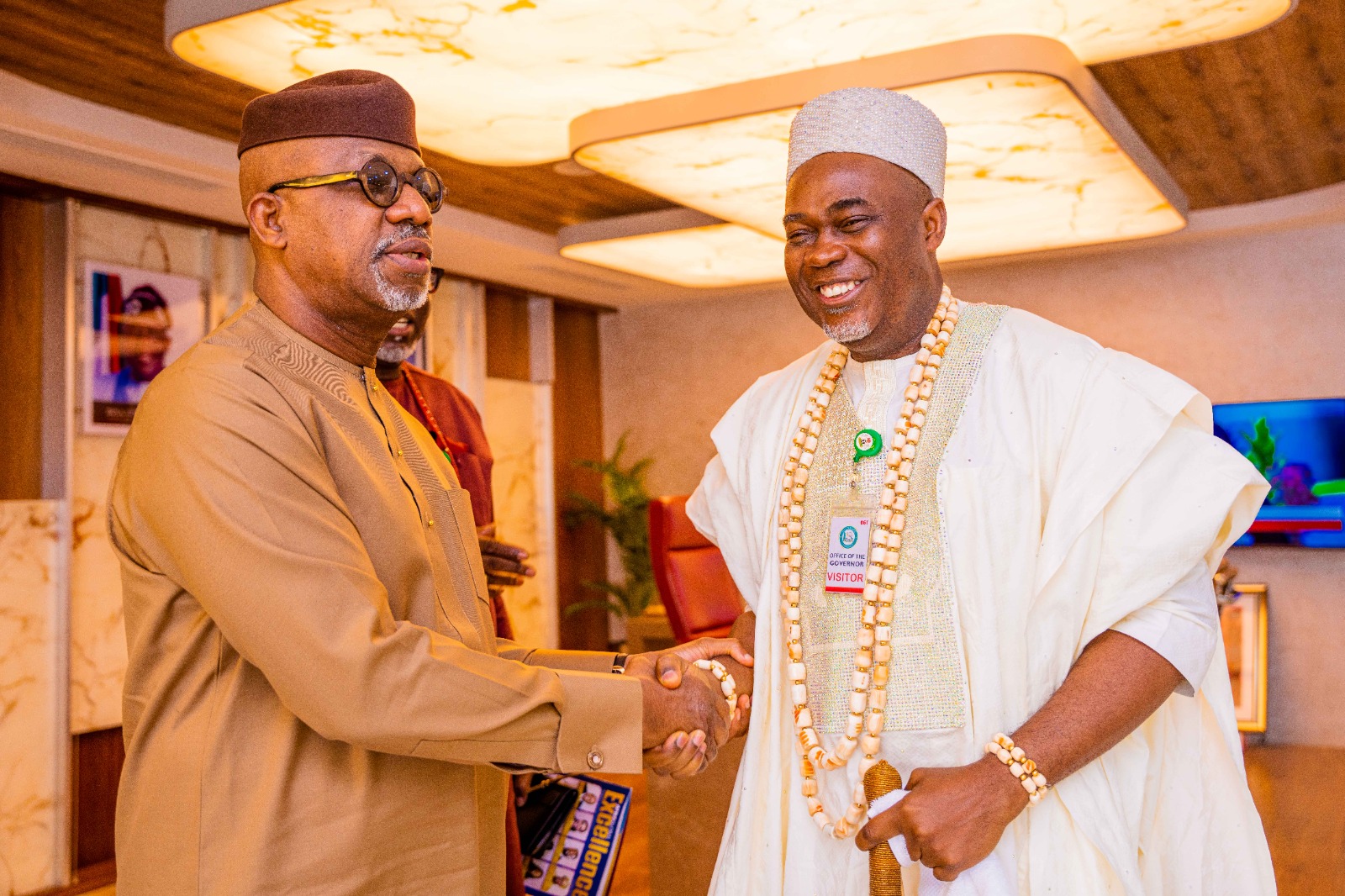
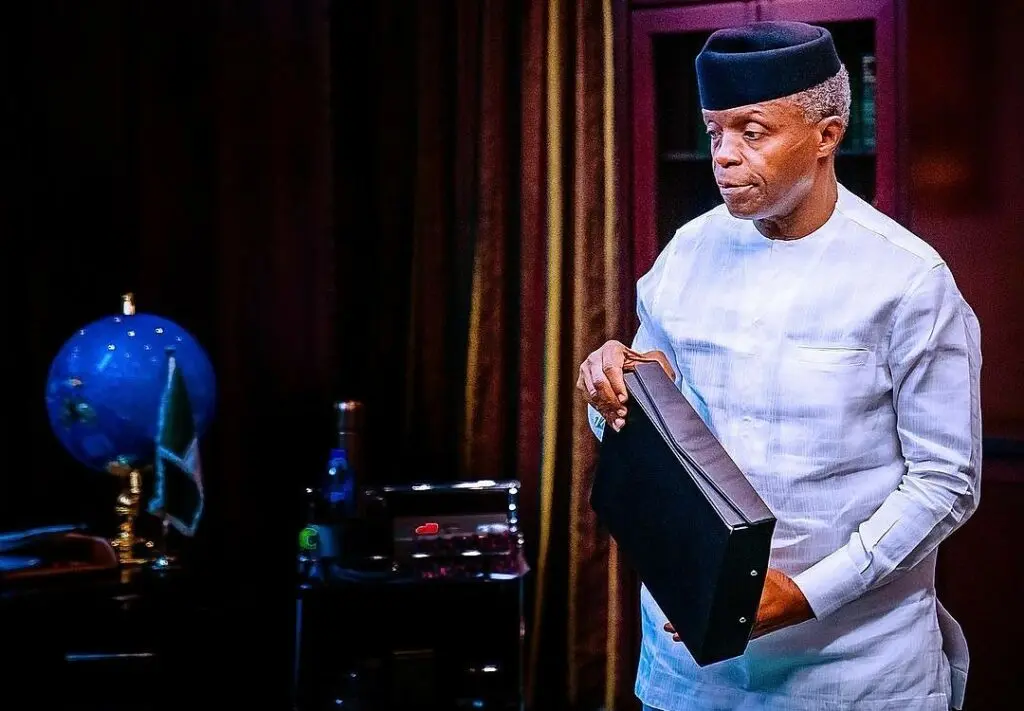
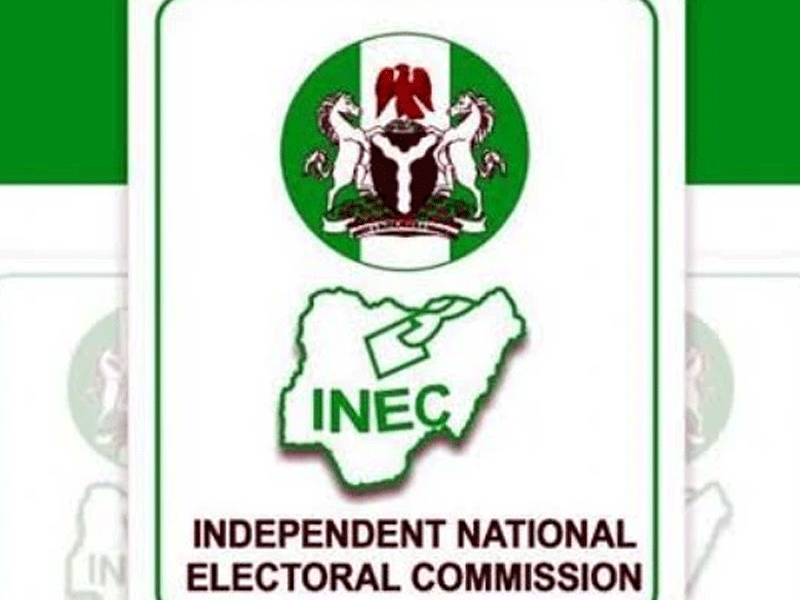
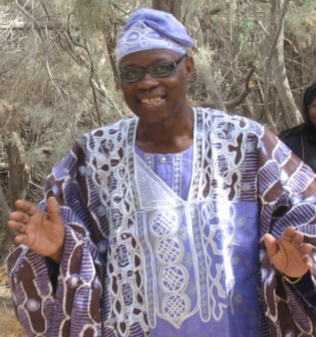
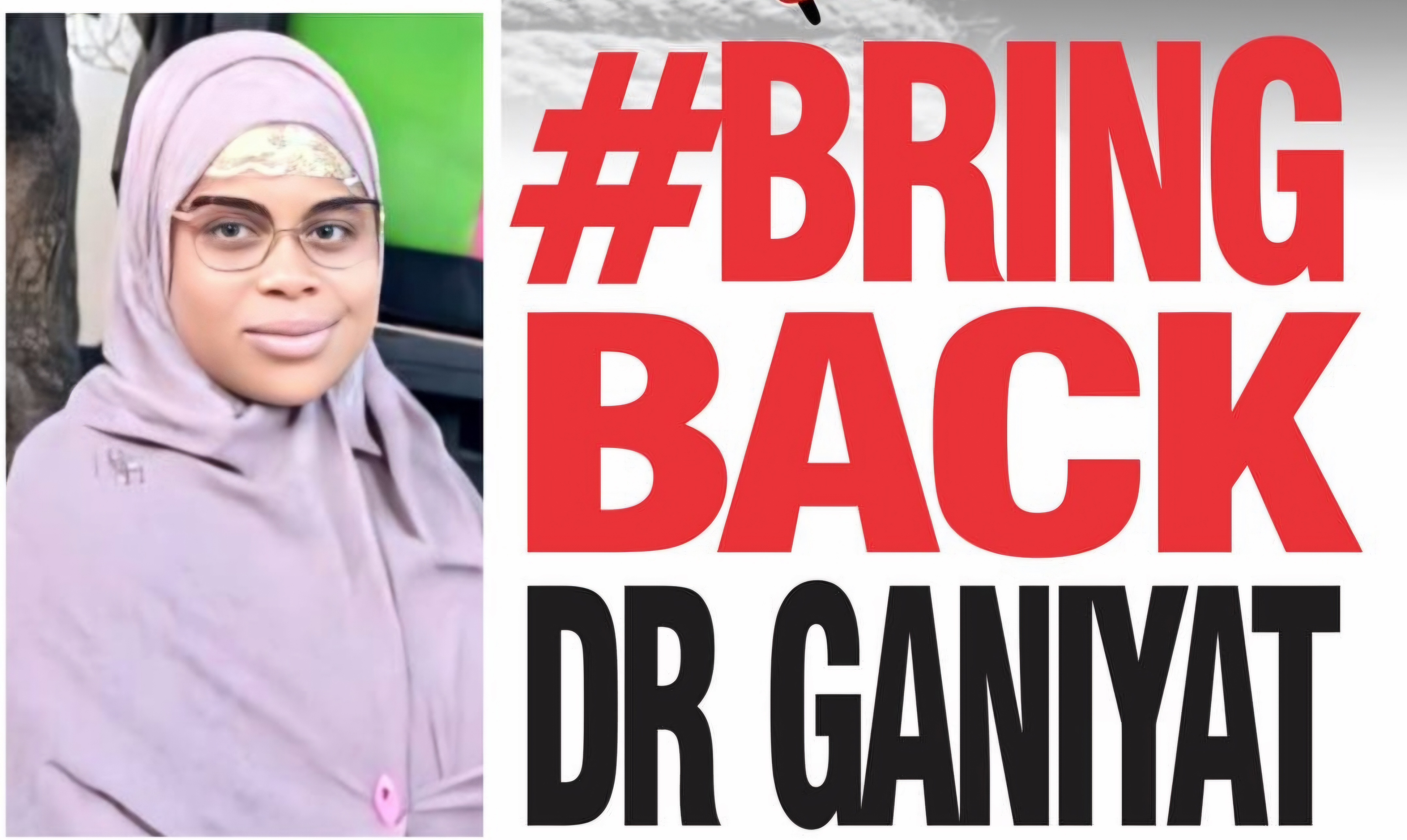
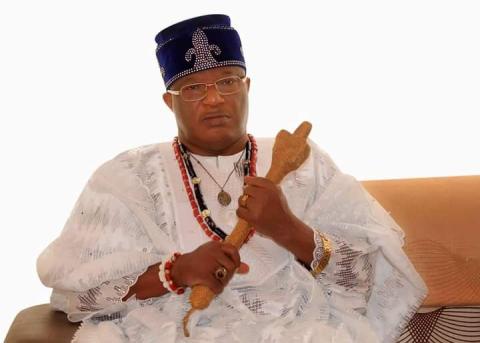
We are not gonna make spamming
Copyright By @ HorizonTimes - 2025
BACK TO TOP